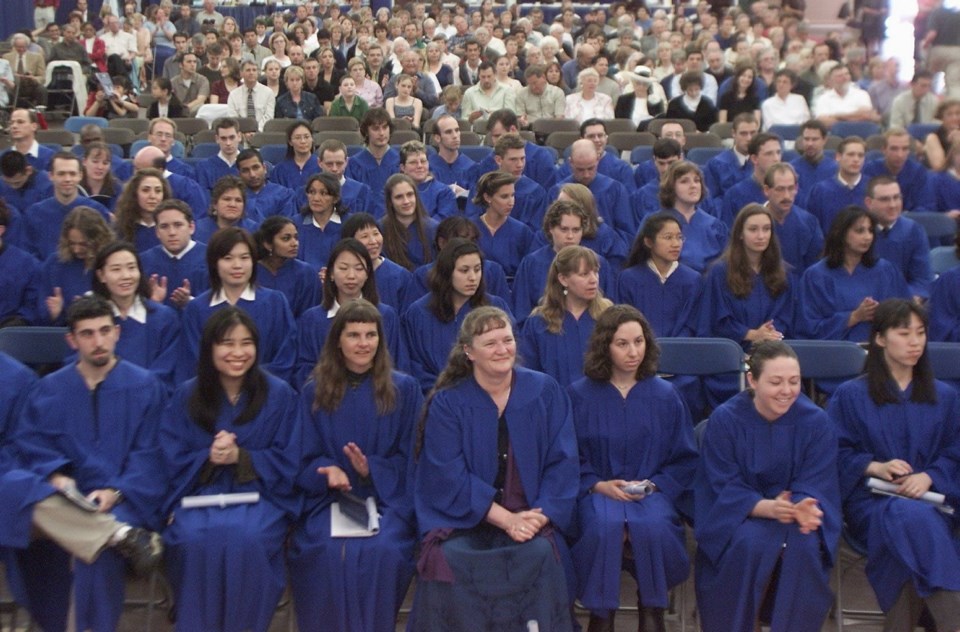Re: “B.C. to study West Shore college, with mayor’s push,” April 18.
Plans to create an expanded college and university system always entail two distinct educational opportunities.
One is simply to provide greater accessibility — additional spaces, often in different locations — so that more students can more easily become involved in post-secondary education. This is what happened in B.C. first when the community college system was started in the 1970s, and then again when many of the colleges were given degree-granting status in the 1990s.
The second opportunity is one that is rarely taken advantage of: the possibility of offering alternative approaches to undergraduate education, approaches that can offer our students a different and sometimes richer learning experience.
It is difficult to do this in established institutions, where bringing about change has often been likened to the difficulty of moving a graveyard. But a new institution, without an established and entrenched departmental structure with its fixed approach to programming, is able to be more creative in exploring different educational ideas.
Why have we not done this in the past when the colleges were created and then expanded? Essentially, it was a failure of imagination on the part of educators at all levels, and a failure of courage on the part of government officials, who sometimes understood the value of alternative undergraduate programs but failed to mandate change in the face of stern opposition from a formidable, monolithic, traditional academic culture.
This culture is rooted in belief in the primacy of research and that undergraduate programming must be seen as preparation for participation in the world of academic research, through taking a series of specialized courses focusing on one or two academic disciplines. This is the almost universal approach to undergraduate education in North America, even though a huge majority of students go on to do something entirely different with their lives. The standard academic curriculum is not designed with that reality in mind.
What is lost in this approach is any sort of unifying idea in undergraduate studies, other than fealty to the idea of research. People still tend to think that our universities provide students with some sort of sound, integrated overview and exploration of cultural, social, philosophical and historical issues, but for the most part they do not. And if they do, it is only marginally so — a sort of collateral damage in pursuit of the universities’ real perceived role in training future academic researchers.
If a group of educators sat down together and explored one simple question, things might come out differently. That question is: How can we best prepare our students for lives they will actually live and to fulfil their responsibilities as citizens in a democracy?
Somehow I doubt that the answer would be to take a degree in chemistry or business or sociology. It would, instead, entail a serious approach to general and liberal education — developing intellectual skills through an integrated (not fractured into disciplines) program of critical thought. It would mean respecting students’ minds by engaging them in serious conversations about important and challenging ideas.
Some such learning, of course, is achieved in any program of studies led by accomplished and intelligent teachers. But the parlous state of our democracies today, and the lack of understanding of the liberal values that lie at the heart of the democratic idea, suggest that it is not enough.
The establishment of a new campus devoted not to the establishment of more academic departments (the kiss of death for the development of alternative programs) but to the provision of a strong program of general and liberal education will not transform a broken world. But it would be a small step in the right direction.
Gary Bauslaugh is the author of several books including A Search for Better University Education. He was vice-president of instruction and planning at Malaspina College and was responsible for the development of new degrees in the 1990s.



